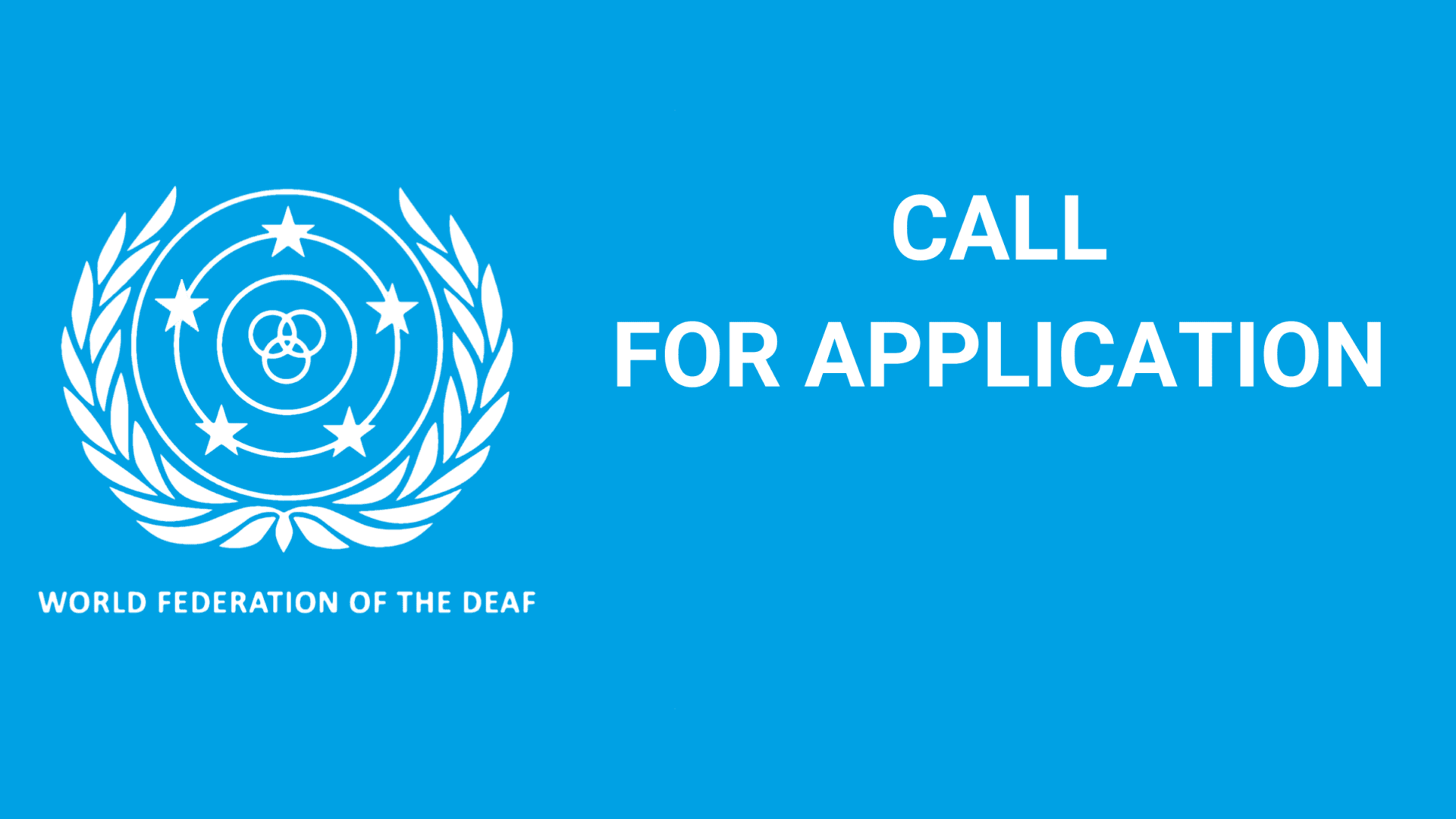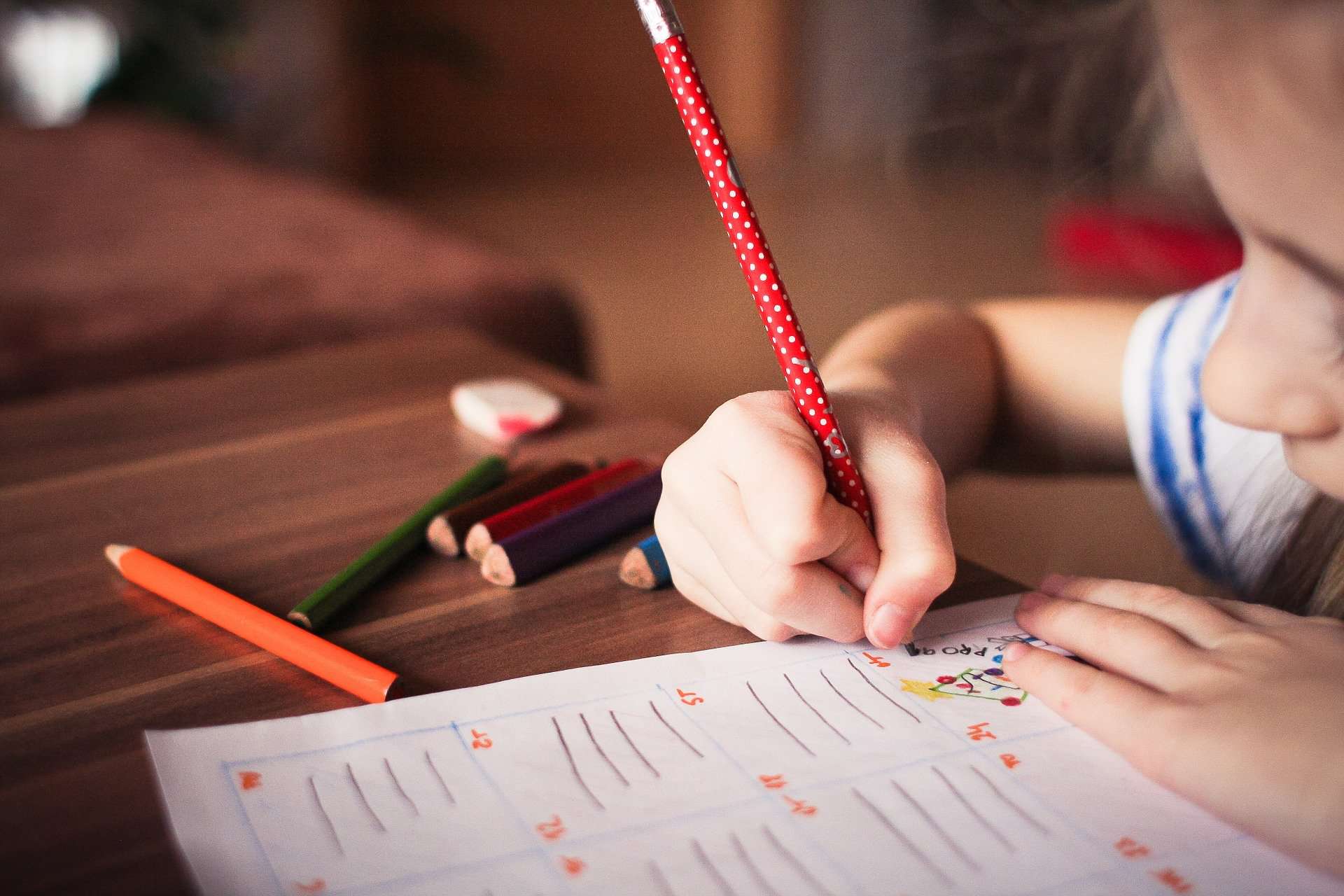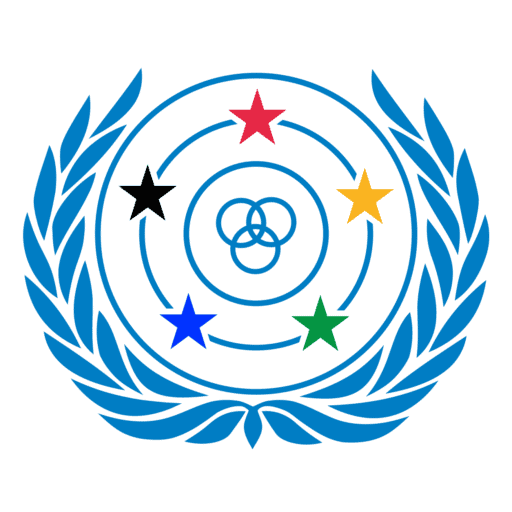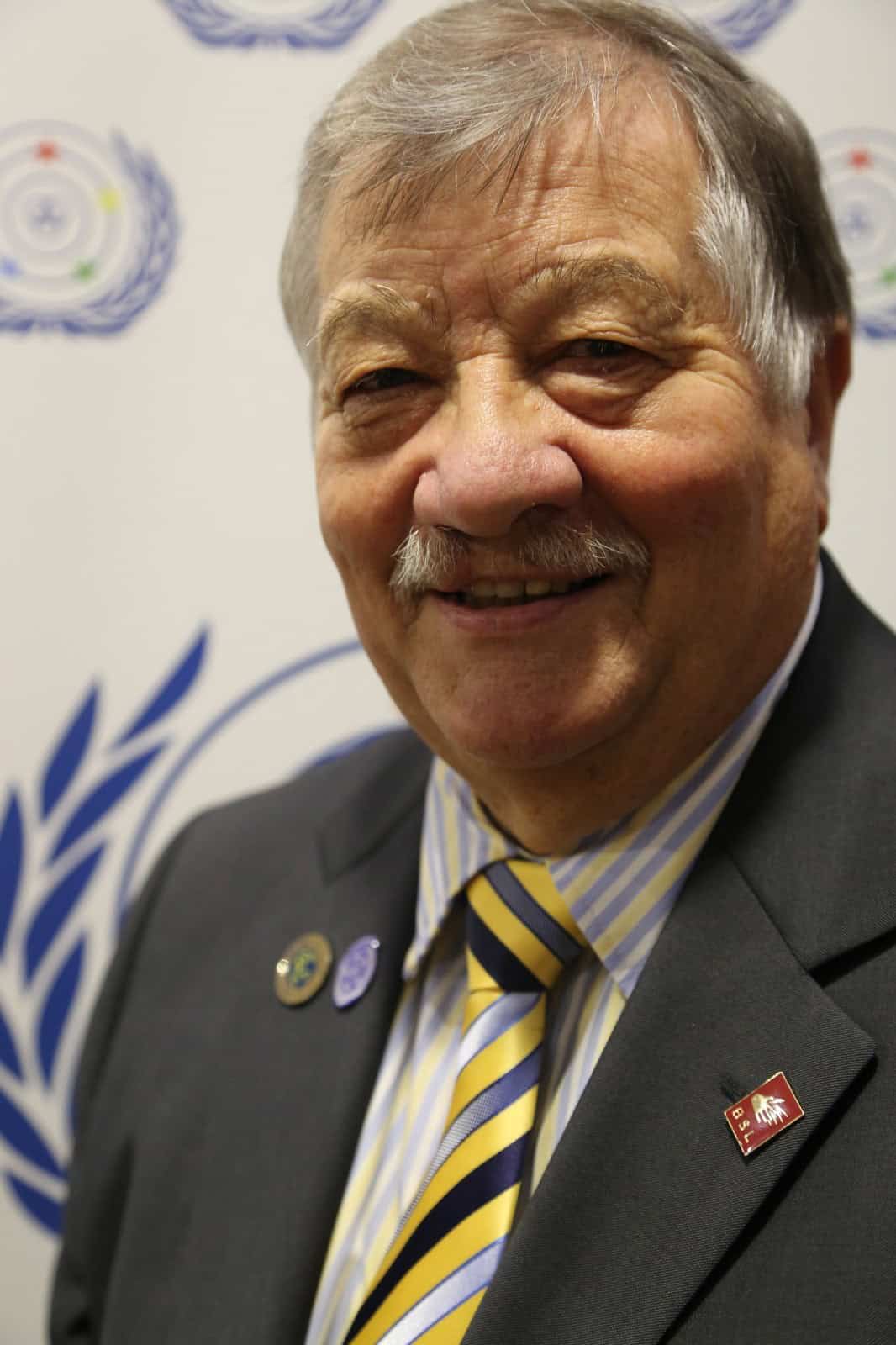XVI WORLD CONGRESS OF THE WORLD FEDERATION OF THE DEAF
18-24 July 2011, Durban, South Africa
The World Federation of the Deaf (WFD), its Members and the 2,100 participants from 125 countries at the XVI World Congress of the World Federation of the Deaf in Durban, South Africa, 18-24 July 2011.
Recalling the statement by the United Nations High Commissioner for Human Rights in the Opening Ceremony of the World Congress, “participation is a key human rights principle. However, without adequate access to sign language interpretation, bilingual education and recognition of sign language, there are important barriers” to the full enjoyment by deaf people of their human rights,
Reaffirming the importance of the United Nations Convention on the Rights of Persons with Disabilities and the Optional Protocol thereto, specifically:
- Article 3: respect for difference and acceptance of deaf persons as part of human diversity and humanity,
- Article 9: enabling persons with disabilities to participate fully in all aspects of life including access to information and communications including provision of professional sign language interpreters,
- Article 21: recognising and promoting the use of sign languages,
- Article 24: ensuring that the education of deaf children is delivered in the most appropriate languages for the individual and in environment which maximises academic and social development and employing teachers who are qualified in sign language,
- Article 25: ensuring deaf persons have the right to the enjoyment of the highest attainable standard of health without discrimination,
- Article 30: recognising the right of deaf persons to take part on an equal basis with others in cultural life including the recognition and support of sign languages and deaf culture,
Recalling also that deaf women and girls are often subject to multiple discrimination and emphasizing the need to incorporate a gender perspective in all efforts to promote the full enjoyment of human rights and fundamental freedoms by persons with disabilities
- Reaffirms the need to promote quality deaf education and calls upon governments to take active measures:
- to promote policies that permit deaf people of all ages to develop as multilingual and multicultural persons and to promote their social and emotional development;
- to protect the right of deaf people to be educated in sign language;
- to emphasize the need for research-based best practise models in deaf education;
- to ensure appropriate support in inclusive settings, including professional sign language interpreters;
- to employ in the schools teachers who are qualified and fluent in sign language including deaf teachers, to promote the cultural and linguistic identity of the deaf;
- Urges the promotion of sign language and deaf studies
- to encourage and promote the recognition of sign language as a fundamental human right for all deaf people including infants and children;
- to promote research into sign languages and deaf cultures;
- to promote the many unique positive contributions of deaf people that can be offered as benefits to the wider society;
- Emphasizes the need for constant attention to the needs of deaf communities in developing countries, particularly in Africa, and urges members and governments:
- to empower deaf associations in developing countries with particular attention to the strengthening of organisational capacity;
- to emphasize the active role of deaf associations in capacity-building and leadership programmes for developing countries;
- to work and cooperate with the Secretariat of the African Decade of Persons with Disabilities (SADPD) in order to ensure the participation and inclusion of deaf people in disability programming processes in Africa.
- Reaffirms that deaf people have full equality and enjoyment of their human rights
- to ensure that a positive image of deaf people as a natural part of human diversity be promoted worldwide;
- to develop information and training for national deaf associations on the UN Convention on the Rights of Persons with Disabilities (CRPD), the Convention on the Elimination of all Forms of Discrimination Against Women (CEDAW), and the Convention on the Rights of the Child (CRC) to ensure that deaf women and girls are empowered in all areas of their lives;
- to train deaf communities around the world in their rights under the CRPD;
- to ensure that governments adopt the CRPD and its Optional Protocol to enable deaf people to enforce their rights under the CRPD;
- to ensure that information on sign language development for children with cochlear implants be provided to parents, and that WFD create a position paper on cochlear implants;
- to promote early identification and family-centred early intervention including sign language and exposure to deaf culture to ensure optimal access to social and academic success;
- to promote research in conjunction with WFD into improving access to health care for deaf people around the world;
- Calls on deaf lesbian, gay, bisexual and transgender (LGBT) persons to actively promote their right to freedom of association and to protection as any other person and to include deaf LGBT in WFD programmes of empowerment, capacity-building and self-pride;
- Urges the strengthening of the field of sign language interpreting through professional interpreter training programmes and interpreter mentors, and to promote research on the effect of professional sign language interpreters in inclusive education and the consequences on the quality of life of deaf students;
- Strongly urges the promotion and development of access to mental health services for deaf children, youth, adults and the elderly, and to initiate and encourage research into mental health models for deaf populations;
- Affirms the importance of the recognition of children of deaf adults (CODAs) as multilingual persons with a significant contribution to their families, their schools and local communities, and to promote national CODA organisations;
- Encourages the promotion of sign language and deaf culture training to parents of deaf children;
- Urges the availability of appropriate services to deaf senior citizens;
- Encourages full use of the latest technological advances to enhance access and communication for all deaf people;
- Reaffirms the importance of appropriate services for deafblind people to ensure their full participation in society;
- Strongly encourages its members to form strong ties with their national deaf youth movement and to support youth activities in their respective countries.



